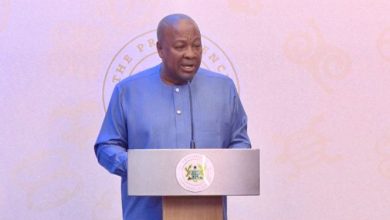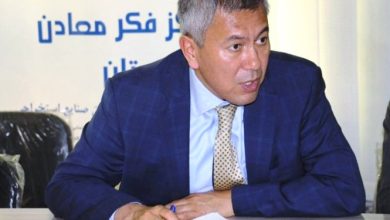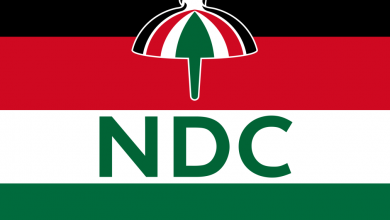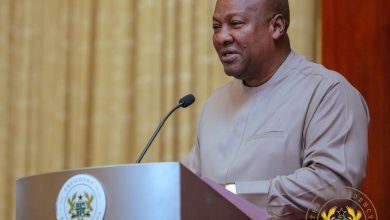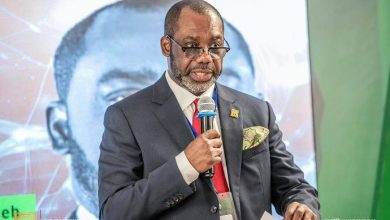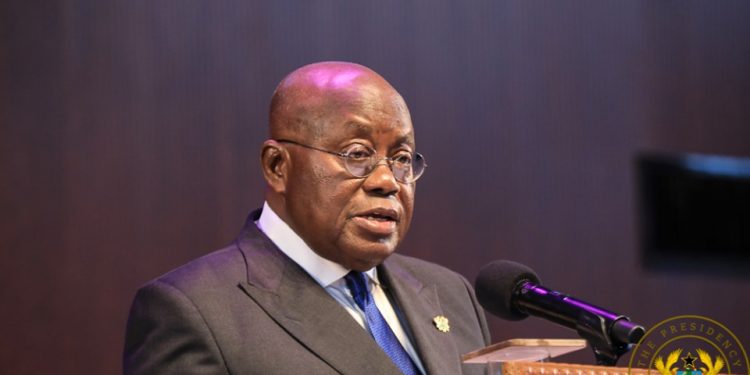
The government is collaborating with the private sector to establish 14 medical waste treatment facilities across the country, President Akufo-Addo has said.
Delivering the State of the Nation Address on Tuesday, President Akufo-Addo said this has become necessary because “the government is also mindful of a problem associated with vaccinations, and that is how to dispose of used PPEs, vials, needles and syringes that are being used in the vaccination exercise.”
He said the medical waste treatment facilities across the country will help to “address, once and for all, the safe disposal of medical waste.”
President Akufo-Addo said the considerable amount of work undertaken by the government has meant that “we have some 307 functioning and well-equipped ambulances under the one-constituency-one-ambulance Initiative, supported by a state-of-the-art, digitised command centre to field emergency calls and to dispatch ambulances.”
Last year, 33 major health projects were approved for implementation at a cost of €890 million. Key amongst them are the Koforidua Regional Hospital, Tema General Hospital, the Nephrology and Urology Centre at Korle-Bu, redevelopment of the Effia Nkwanta Hospital into a Teaching Hospital, and the construction of a new Regional Hospital at Agona Nkwanta in the Western Region.
Agenda 111
He said the Agenda 111, which will see to the construction of 100-bed District Hospitals in101 Districts with no hospitals, seven Regional Hospitals for the new Regions, including one for the Western Region, the construction of two new psychiatric hospitals for the Middle Belt and Northern Belt, respectively, and the rehabilitation of Effia-Nkwanta Hospital in the Western Region, is on course.
He added that the construction of some of these hospitals has commenced, and will continue without interruption.
Agenda 111 is part of a massive vision for Ghana’s healthcare sector, the realisation of which will lead to Ghana becoming a centre of medical excellence and a destination for medical tourism, and will also see us achieve the following:
a) each of the 16 regional hospitals will be designated as a centre of excellence in the different specialities of medicine. For example, orthopaedic surgery, burns, plastic and reconstructive surgery, breast care centre, fertility centre, neonatology and pediatric centre, neurosurgery and spine centre, stroke centre, heart and kidney centre and mental health centre to name a few;
b) continuously upgrade our medical curriculum, and continue to train our young doctors and health care professionals in a world-class fashion;
c) incentivise the private sector to increase capacity to support demand in healthcare delivery; and
d) encourage Ghanaian medical experts in the diaspora to collaborate and join hands with us to help build and contribute to the realisation of this noble vision.
He added that the “government will continue to invest in the health sector, and will continue to recruit more health professionals, in addition to the one hundred thousand recruited in my first term for our health facilities.”


